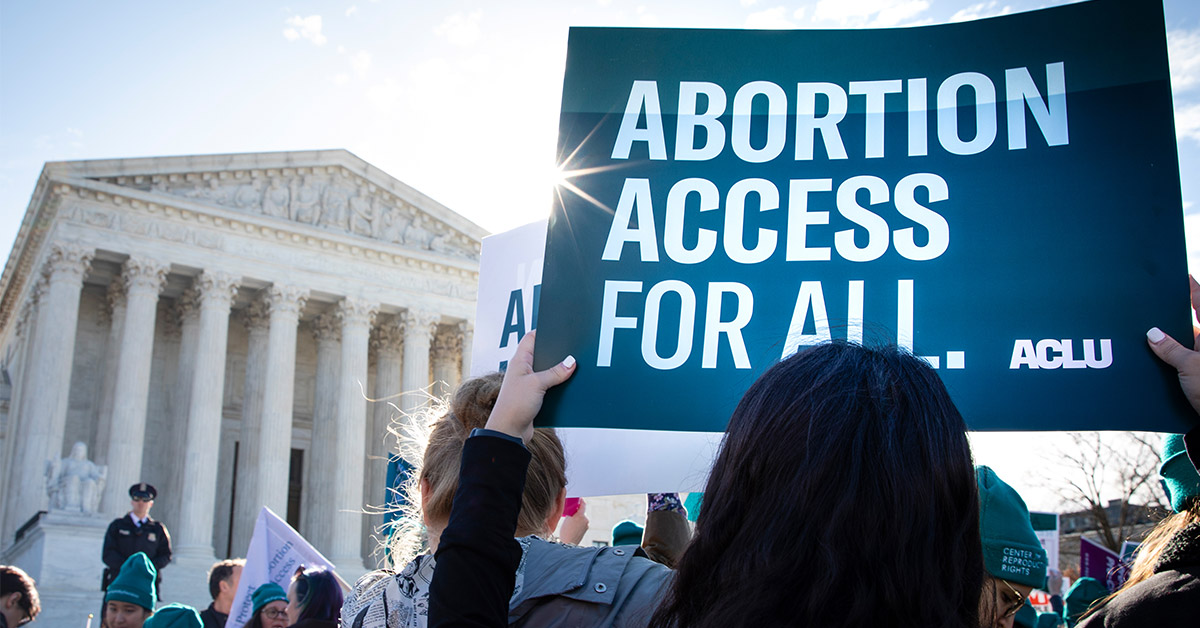This week, voters went to the polls to elect their representatives at every level of government.
Most notably for us at the ACLU, the midterms are the first opportunity to get a national sense of where voters are sitting on abortion access since the June overturn of Roe v. Wade. We are also on guard watching for voting rights violations and are eager to make sure every ballot is counted.
So far we are cautiously optimistic and hopeful about the positive progress for civil rights and civil liberties and so today we are checking in with the experts, the morning after election day, to see how they’re feeling about the future of our reproductive freedom and voting rights work. Joining us are J.J. Straight, the ACLU’s Liberty Division Deputy Director and Zara Haq, a Senior Campaign Strategist, both J.J. and Zara sit in our National Political Advocacy Department.
Text ACT to 82623 to sign up for ongoing, automated text alerts from ACLU and its affiliates about ways to take action and support the ACLU Organizations. Msg & Data Rates May Apply. Text STOP to cancel or HELP for info.

